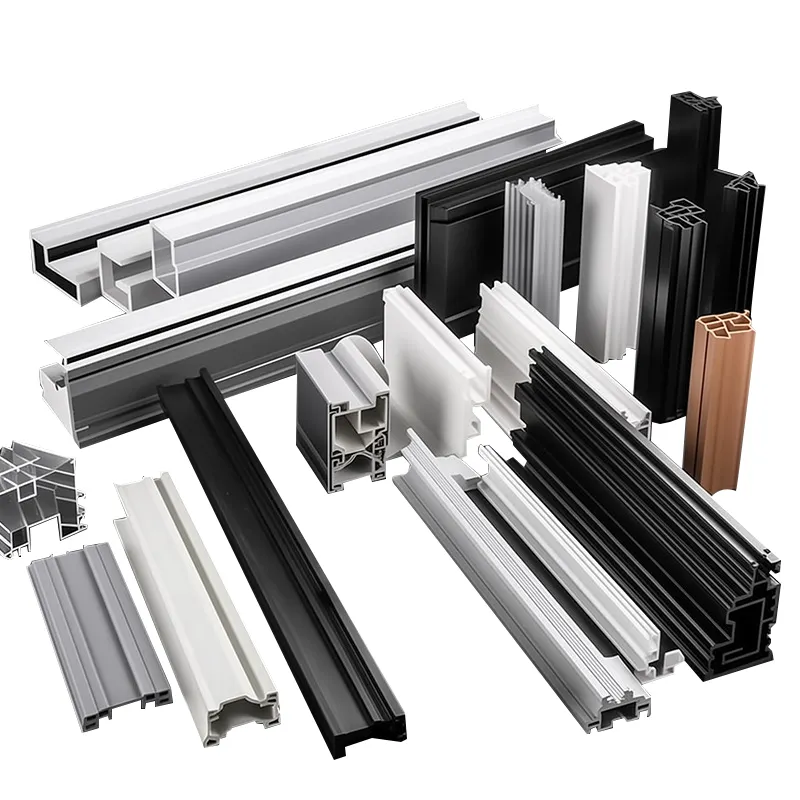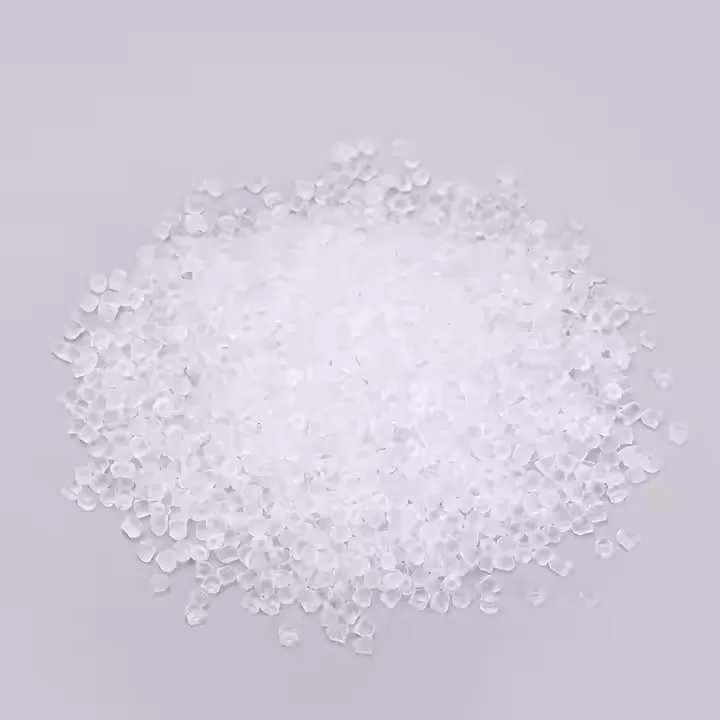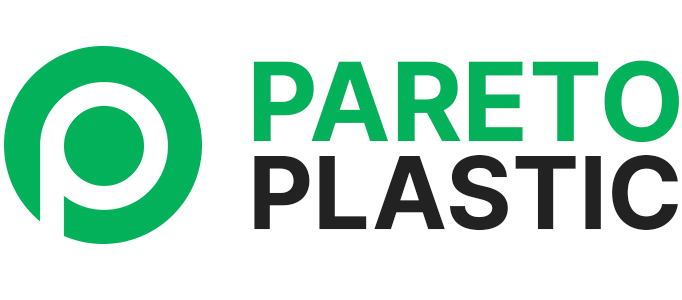Plastic profile extrusion is a widely used manufacturing process that creates continuous profiles from plastic materials. The success of this process largely depends on selecting the right materials, as they significantly influence the final product’s performance, durability, and cost-effectiveness. In this article, we will guide you on how to choose the right materials for plastic profile extrusion, ensuring optimal results in your manufacturing projects.

Understanding Plastic Profile Extrusion
Before diving into material selection, it’s essential to understand what plastic profile extrusion entails. This process involves melting plastic pellets and forcing them through a die to form continuous profiles with specific cross-sectional shapes. The choice of material can affect everything from production speed to the properties of the finished product.
Key Factors to Consider When Choosing Materials
When selecting materials for plastic profile extrusion, several factors come into play:
1. Application Requirements
Different applications demand specific material properties. Consider the following:
- Strength and Durability: For structural applications, materials like PVC or ABS provide excellent strength and resistance to impact.
- Flexibility: If your application requires bending or flexing, materials like polyethylene (PE) or thermoplastic elastomers (TPE) may be more suitable.
- Thermal Resistance: For high-temperature applications, materials like polycarbonate (PC) are preferable due to their heat resistance.
2. Environmental Considerations
Consider how the finished product will be used and exposed to environmental factors:
- UV Resistance: For outdoor applications, choose materials that offer UV protection, such as stabilized PVC or acrylic.
- Chemical Resistance: If the product will come into contact with chemicals, materials like nylon or polypropylene (PP) are good choices.
3. Cost Efficiency
Material costs can vary significantly, impacting overall production budgets. Here are some tips to balance quality and cost:
- Bulk Purchasing: Consider sourcing materials in bulk to reduce costs.
- Material Alternatives: Explore lower-cost alternatives that meet application requirements without compromising quality.
Common Materials Used in Plastic Profile Extrusion

1. Polyvinyl Chloride (PVC)
PVC is one of the most popular materials for plastic profile extrusion due to its versatility and cost-effectiveness. It is widely used for construction applications, including window frames and piping.
Advantages:
- Excellent weather resistance
- High durability
- Good chemical resistance
2. Acrylonitrile Butadiene Styrene (ABS)
ABS is known for its strength and impact resistance, making it ideal for automotive parts and consumer goods.
Advantages:
- Good mechanical properties
- Lightweight
- Easy to paint and finish
3. Polyethylene (PE)
PE is a flexible and lightweight material commonly used for packaging and consumer products.
Advantages:
- Excellent chemical resistance
- Low friction properties
- Cost-effective
4. Polycarbonate (PC)
PC is a high-performance material used in applications that require transparency and high impact resistance, such as safety glasses and automotive components.
Advantages:
- High strength and impact resistance
- Good heat resistance
- UV stability
Testing and Prototyping
Before committing to a specific material, it’s advisable to conduct testing and prototyping. This allows you to evaluate how different materials perform in your specific application. Consider:
- Mechanical Testing: Assess the strength, flexibility, and durability of the material.
- Environmental Testing: Evaluate how the material withstands different environmental conditions.
Conclusion
Choosing the right materials for plastic profile extrusion is crucial for ensuring the quality and performance of your final products. By considering application requirements, environmental factors, and cost efficiency, you can make informed decisions that will enhance your manufacturing process. Understanding the properties of common materials such as PVC, ABS, PE, and PC will further aid in your selection.
With the right materials, you can achieve successful outcomes in your plastic profile extrusion projects, ultimately meeting the demands of your market and customers.
